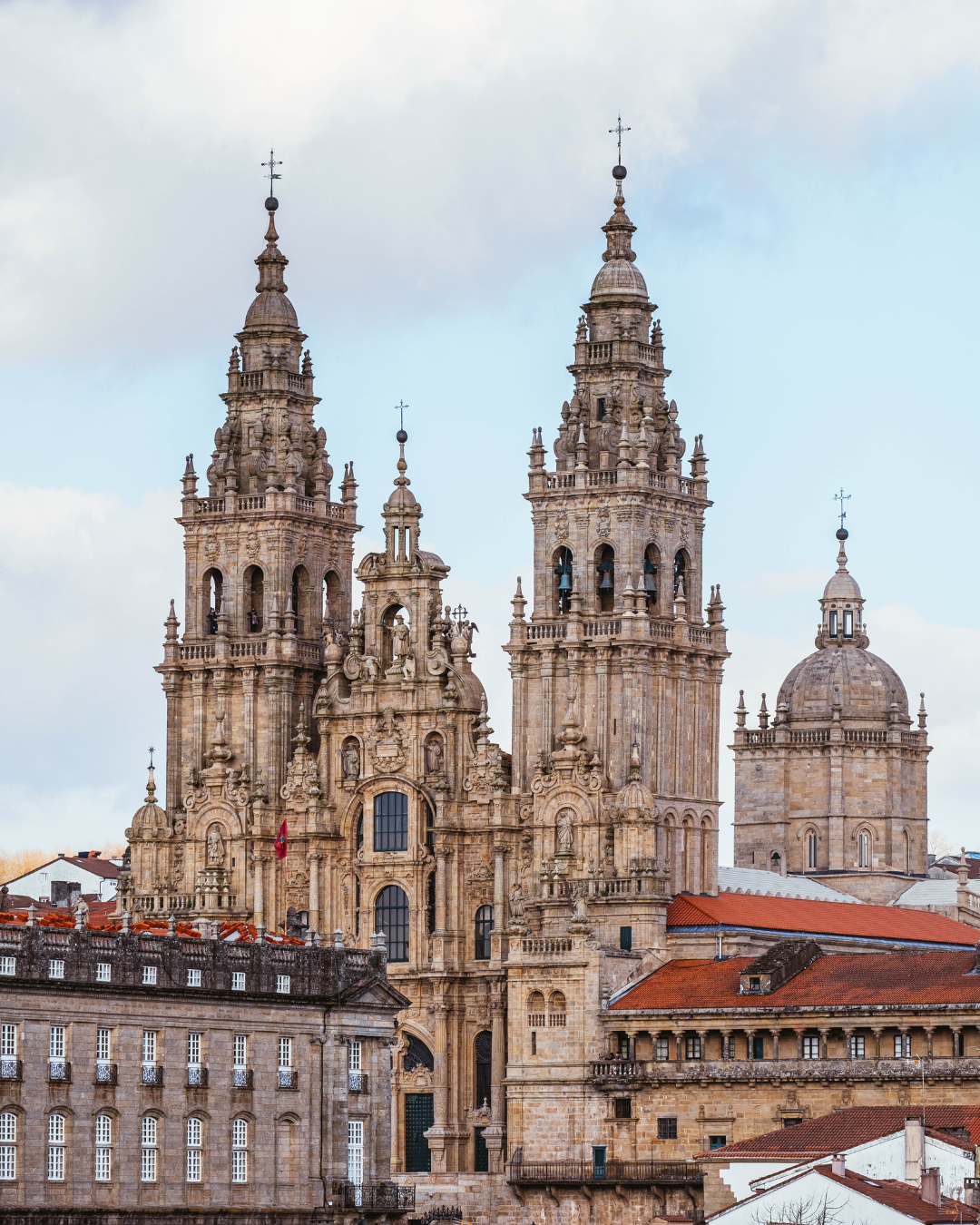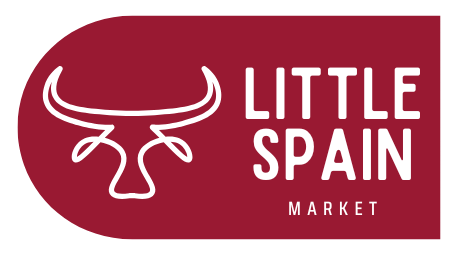
Galician Culture: Traditional Festivals, Music, and Dance
Share
Galicia is rich in cultural traditions, shaped by its unique history, landscape, and Celtic roots. The region’s cultural heritage is reflected in its vibrant festivals, music, and dance, which remain a significant part of daily life.
One of the most famous festivals is Santiago's Feast Day (Fiesta de Santiago), celebrated on July 25th in honor of St. James, the patron saint of Galicia. This event is marked by colorful parades, processions, and traditional music, drawing thousands of pilgrims and visitors. O Maratón and the Rapa das Bestas (the gathering of wild horses) are also notable Galician celebrations, where locals gather to perform ancient rituals in honor of nature and their ancestral customs.
Music plays an integral role in Galician culture, with the gaita (bagpipes) being the most iconic instrument. Galician folk music, characterized by lively rhythms and soulful melodies, is often accompanied by traditional dance. The muñeira, a fast-paced dance, is performed during many festivals, reflecting the region’s Celtic influence. These dances and songs not only celebrate local traditions but also help pass down stories and legends from generation to generation.
The Festa do Albariño in Rías Baixas is another significant celebration, where the region’s renowned Albariño wine is celebrated with tastings, music, and lively parties. This festival highlights the region’s connection to its vineyards and the importance of wine in Galicia’s cultural identity.
Overall, the festivals, music, and dances of Galicia are a reflection of the region’s rich history and deep-rooted traditions. They offer a unique and immersive way to experience the spirit of Galicia, making it a must-visit for anyone interested in vibrant cultural heritage.
